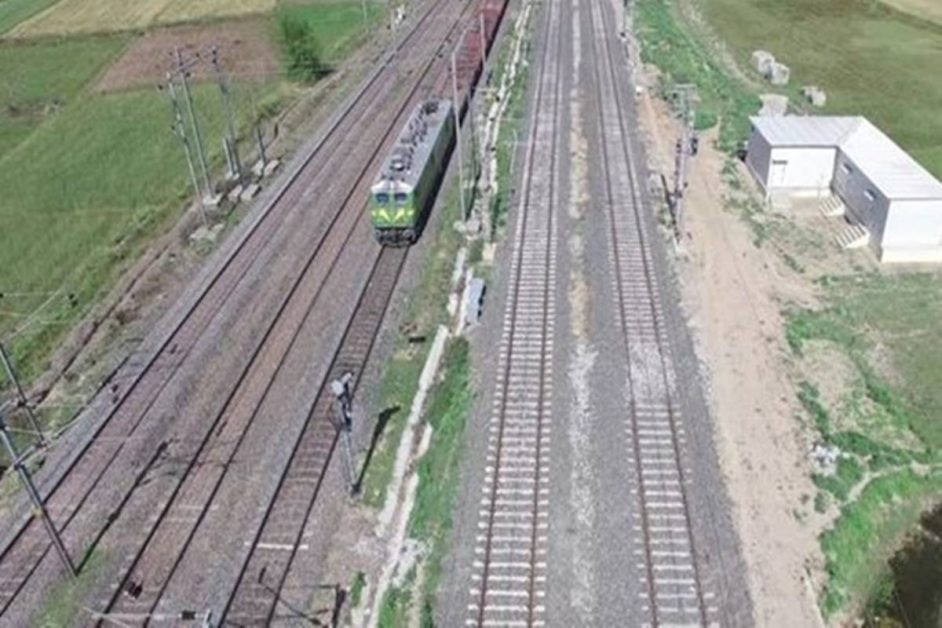Even as the ambitious dedicated freight corridor (DFC) is expected to be largely operational by the middle of next year, innovative business solutions are being worked out to increase its share of freight transportation.
“Except for the Vaitarna to Jawaharlal Nehru Port Terminal (JNPT) stretch in Mumbai, we expect the deadline of June 2023 to be met,” said an official.
Of the 2,843 km that consist of the two corridors — the Eastern and Western DFC, 1,352 km have been completed. All work contracts have been awarded and 100 per cent of the land has been acquired. The 1,337 km long eastern DFC stretches from Ludhiana to Sonnagar while the Western DFC from JNPT to Dadri is 1,506 km in length. Every day, around 170 trains are running on its corridors at average speeds of over 60 kmph.
“About 1 billion gross tonne km (GTKM) of freight is carried every seven days on the corridors,” said an official with the Dedicated Freight Corridor Corporation of India Ltd (DFCCIL), adding that on a daily basis, 120 to 140 million GTKM of freight is transported.
Coal, food grains, fertilisers and steel are the major commodities transported on the eastern DFC. Containers and cement form the bulk on the western front.
The transit time has also come down drastically by at least 50 per cent. For instance, the transit time between Mundra to the National Capital Region earlier took about three days, which has now reduced to less than one and a half days.
New business models
The DFCCIL is already working on the ‘truck on train’ service and is exploring other business development activities such as transport of small cargo and setting up of goods sheds and freight terminals. “We want to use the capacity and speed of the DFC, which gives scope for a lot of experimentation,” the official said.
One of the new models on the anvil is transport of small cargo with a packet size of about 100 tonne from the hinterlands to the port along with first and last mile connectivity for which DFCCIL is empanelling service providers.
The service, which will be attractive for MSMEs, is likely to start soon. The tariff would depend on operational costs and local conditions.
DFCCIL is inviting private players to build goods sheds and freight terminals. About 10 such terminals will be needed on the western corridor. Solar energy is another area where the DFCCIL plans to make a foray.
It is in talks with NTPC, BHEL and SECI to put up solar panels along the alignment and adjoining land parcels.








